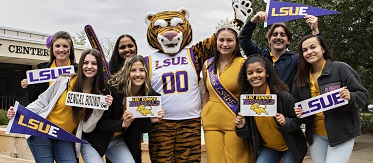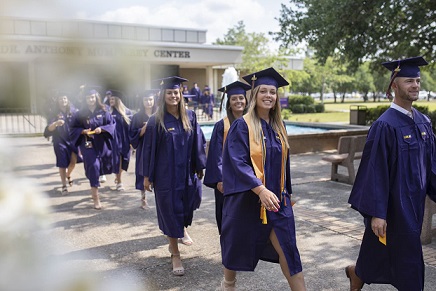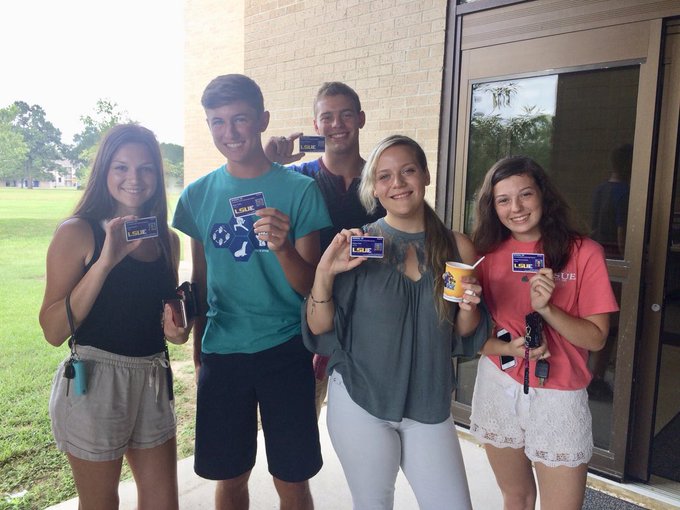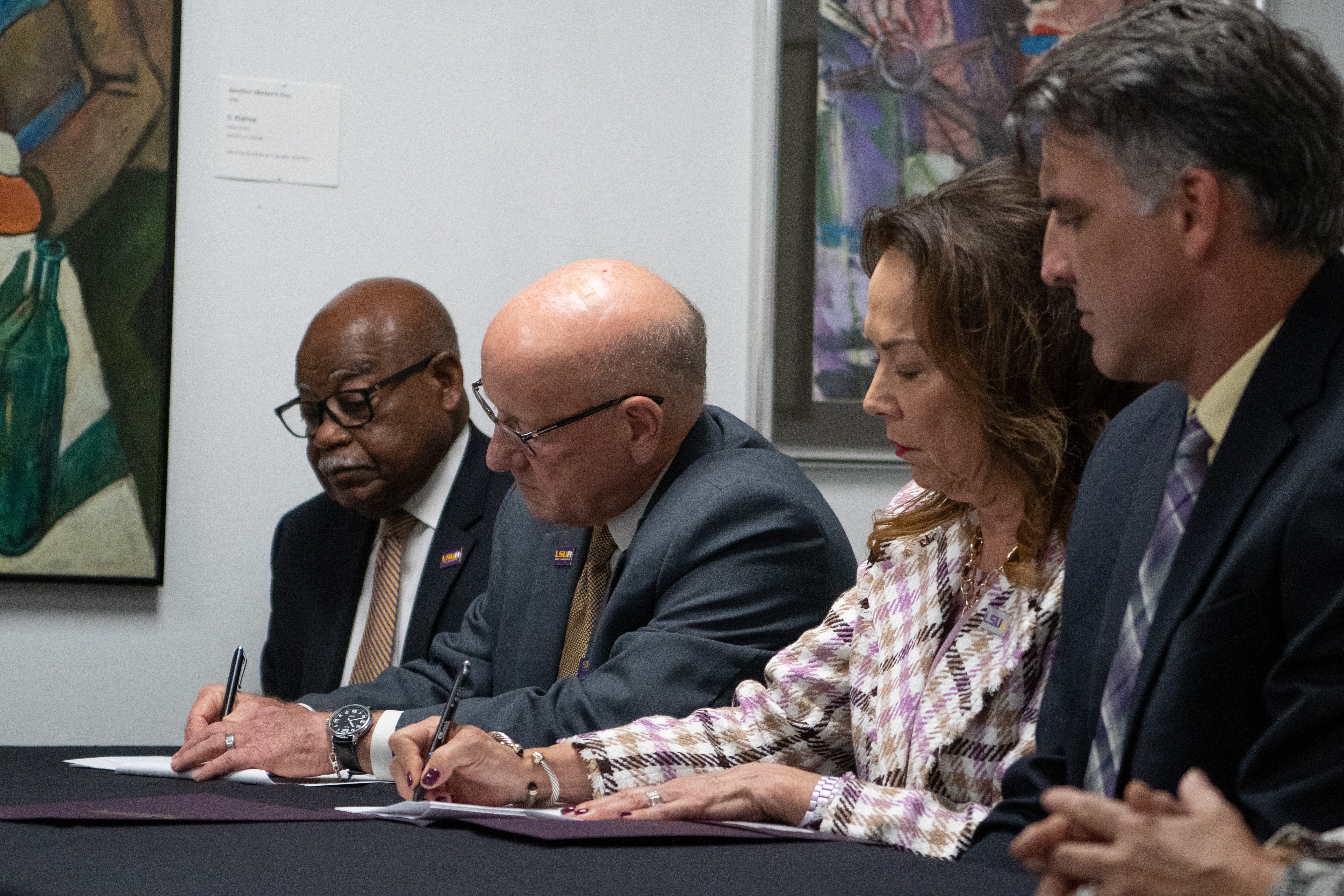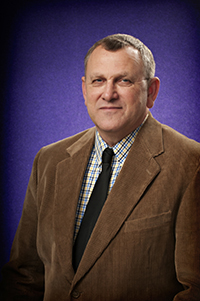Respiratory Care
Respiratory Care
Respiratory Therapy is the health care discipline that specializes in the promotion of optimum cardiopulmonary function and health. Respiratory therapists apply scientific principles to prevent, identify, and treat acute or chronic dysfunction of the cardiopulmonary system. As a health care profession, Respiratory therapy is practiced under medical direction. Critical thinking, patient/environment assessment skills, and evidence-based clinical practice guidelines enable respiratory therapists to develop and implement effective care plans, protocols, and disease management programs.
The Associate of Science in Respiratory Care is committed to preparing students who are accountable and knowledgeable members of the Respiratory Care profession in an enhanced learning community and who partner with other health care professionals in planning and delivering high quality health care. The focus of program faculty and respiratory care students is to meet the future health care needs in southwest and central Louisiana. Our faculty is dedicated in preparing graduates to enter the workforce as registry-eligible therapists with the ability to be productive health care professionals in a culturally diverse society by contributing to their profession and dedicating themselves to life-long learning.
Academic Area
Health Sciences
Health Technology Building 104
337-550-1363
Respiratory Care Program Application
Accreditation
About the Associate of Applied Science in Respiratory Care
Why Choose LSUE?
-
Faculty are leaders in the respiratory therapy profession and currently work in the field or attend professional conferences to retain all necessary skills as registered respiratory therapists.
-
Hospitals actively recruit our graduates for employment and are well satisfied with their knowledge base, clinical skills, and adaptability.
-
Since the inception of the new Therapist Multiple Choice (TMC) Examination in year 2015, all 113 graduates passed the TMC (100%). 109 of 113 graduates passed this examination on the first attempt at the high-cut-score (96.4%). To date (class of 2023), the national pass rate at the high-cut-score is only 55%.
-
Student to Faculty Ratio: 4 to 1
-
Employment Rate (2002-2023): 100%
-
Outstanding clinical experiences in all aspects of respiratory care - neonatal, pediatric, and adult care.
-
Students prepare for clinical experiences in a large, well-supplied learning laboratories with state-of-the-art equipment.
-
Students are certified in all specialty courses upon graduation (Advanced Cardiac Life Support, Pediatric Advanced Life Support and Neonatal Resuscitation Program).
-
Solid support for the program from the professional community in the Tri-Parish area.
-
Financial aid and scholarships are available for eligible students.
Degree Requirements - 80 Total Required Credits
For additional detailed information on coursework, please visit the Academic Catalog Curriculum.
Total Credits Required: 80
Major Courses
-
RC 2011 - Respiratory Care Science I
-
RC 2012 - Cardiopulmonary Anatomy and Physiology
-
RC 2013 - Respiratory Care Instruction
-
RC 2014 - Conference and Clinical Experience I
-
RC 2015 - Respiratory Care Science II
-
RC 2016 - Conference and Clinical Experience II
-
RC 2017 - Pathophysiology in Respiratory Care
-
RC 2019 - Advanced Respiratory Care Pharmacology
-
RC 2020 - Conference and Clinical Experience III
-
RC 2021 - Perinatology and Pediatric Respiratory Care
-
RC 2024 - Conference and Clinical Experience IV
-
RC 2025 - Professional Review Seminar Lab
-
RC 2026 - Critical Care and other Related Concepts in Respiratory Care
-
ALLH 1013 - Medical Terminology
-
BIOL 1160 - Human Anatomy
-
BIOL 1161 - Human Anatomy Laboratory
-
BIOL 2160 - Human Physiology
-
BIOL 2161 - Human Physiology Laboratory
-
RC 1001 - Introduction to Respiratory Care
-
PSYC 2070 - Developmental Psychology of the Life Span
-
CHEM 1001 - Chemistry I (Non-Science Majors)
-
ENGL 1001 and ENGL 1002 - English Composition
-
MATH - College Algebra
-
PHYS 1001 or PHYS 2001 - Physics
-
Humanities elective
-
Fine Arts elective
-
Mathematics course above college algebra
Respiratory Care Classroom Environment
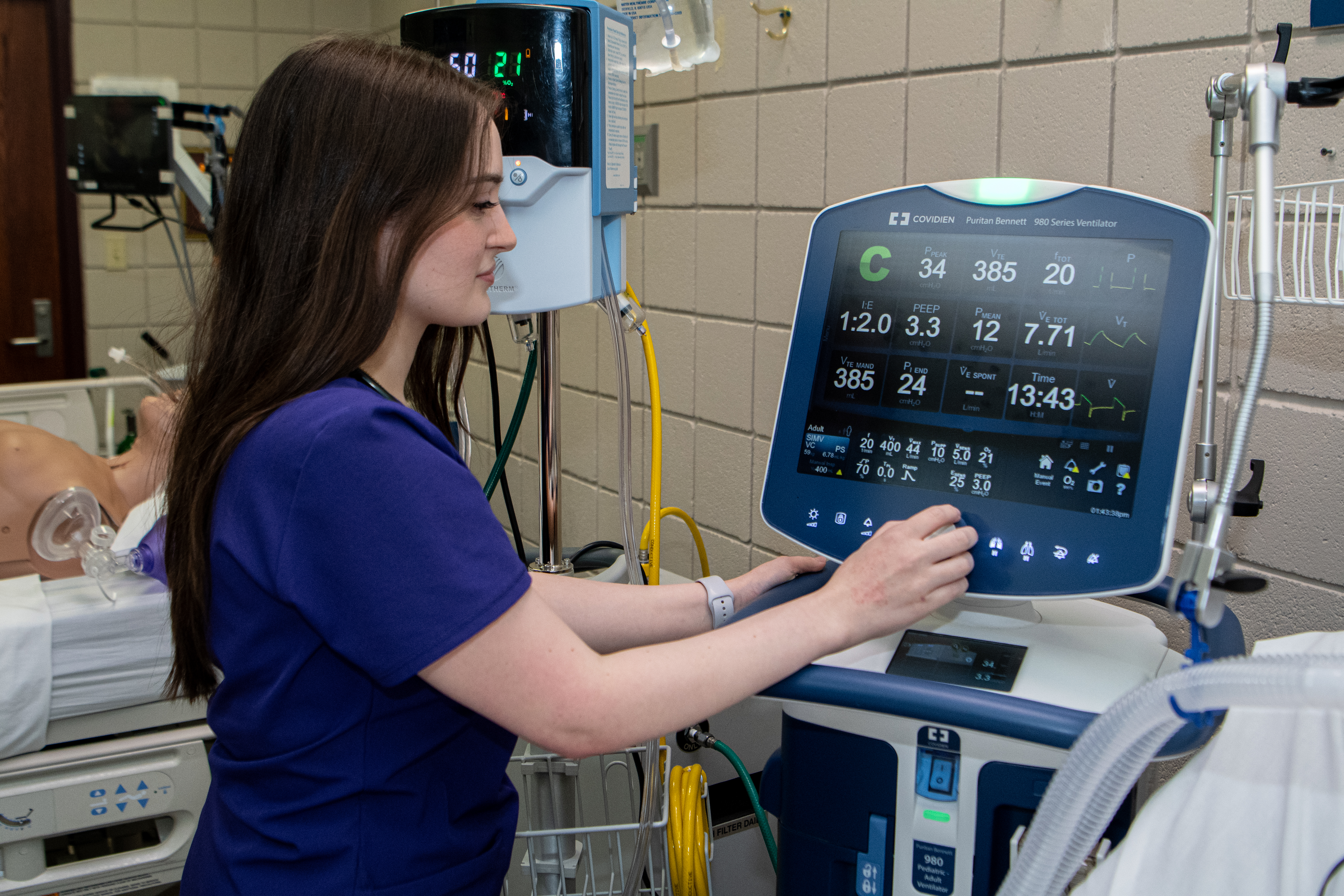
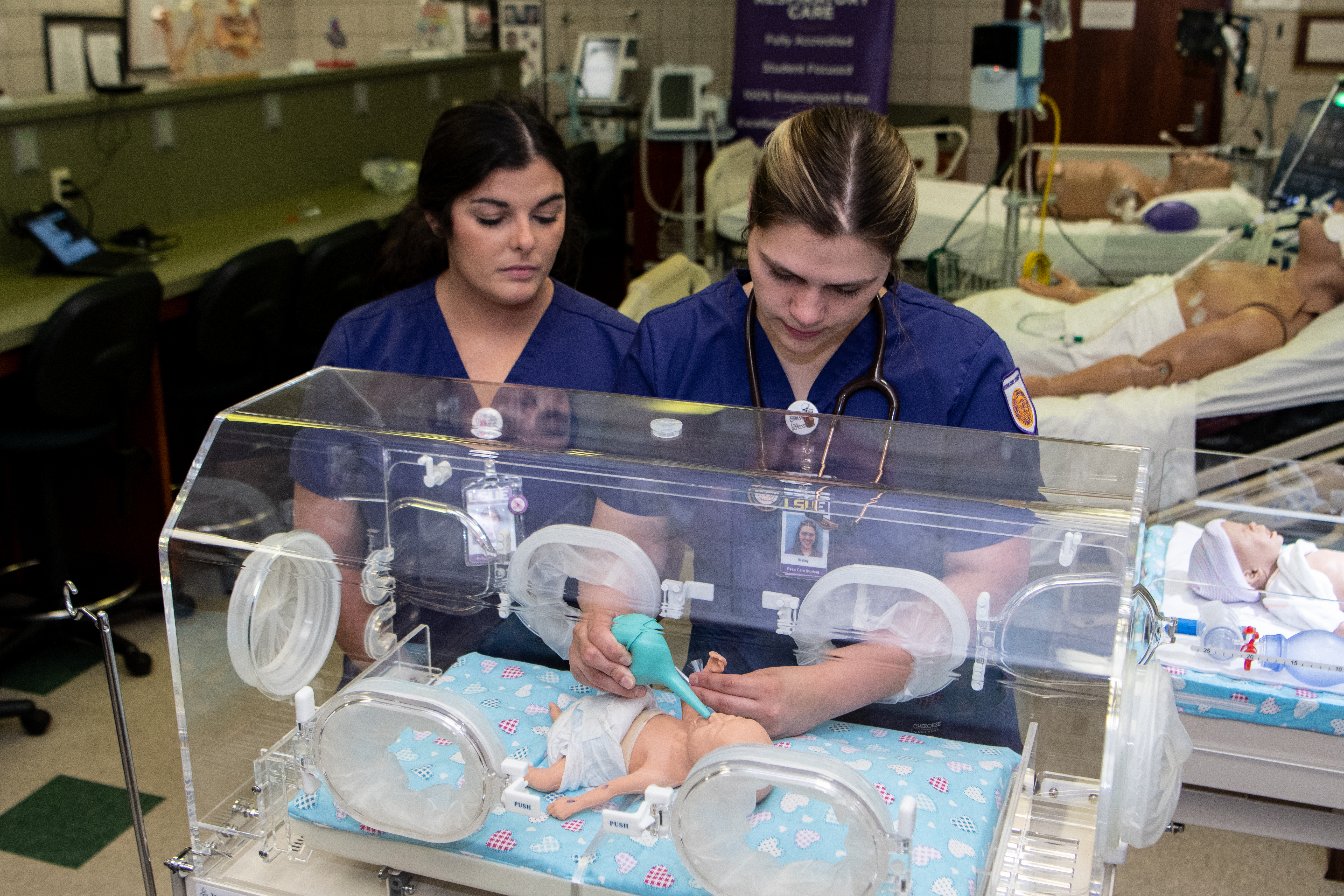
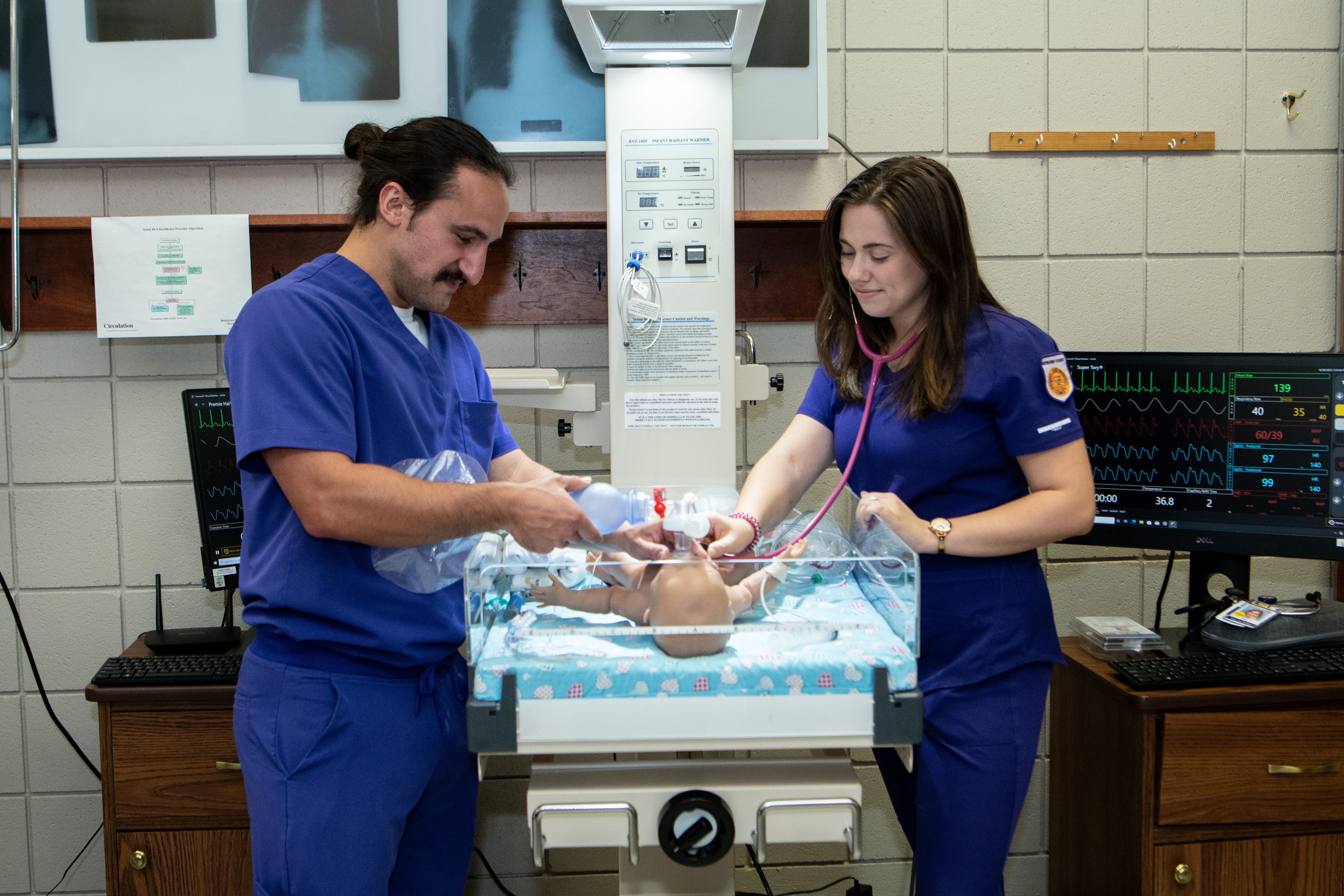
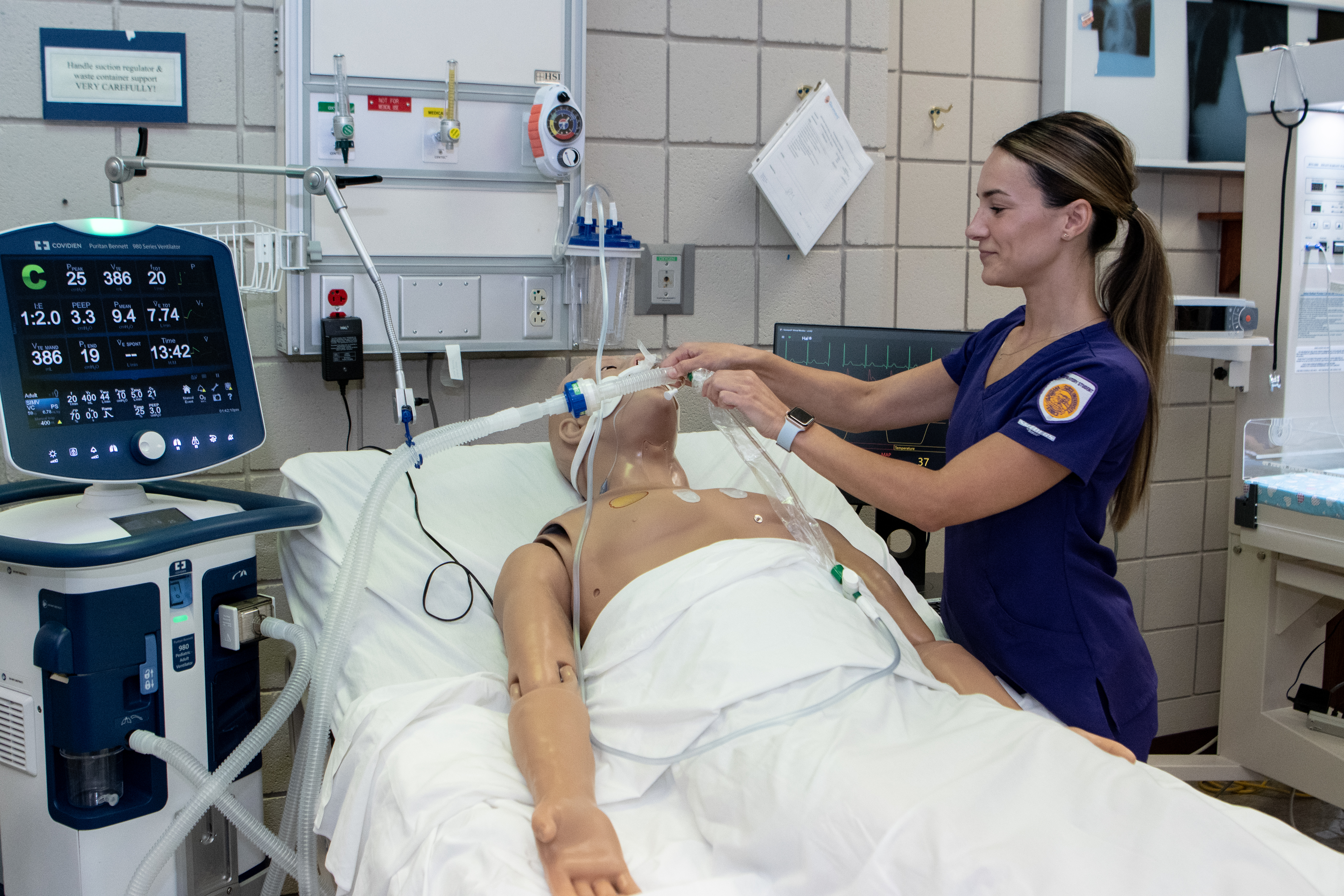
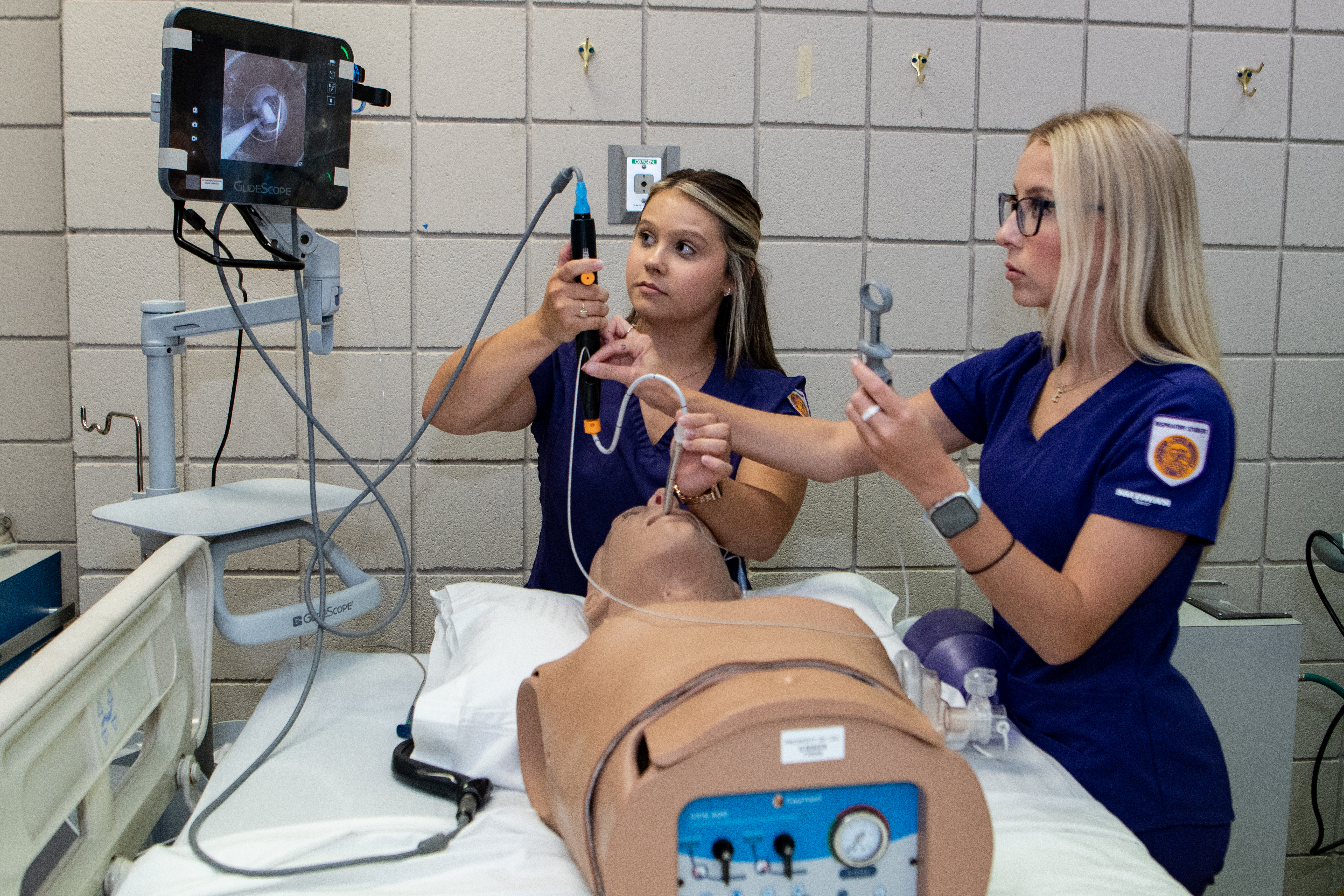
Where Can I Work?
IN HOSPITALS
Intensive Care
Pediatric ICU
Neonatal ICU
Medical Surgical Unit
Cardiac Department
Air Transport
Labor and Delivery Unit
Burn Center
Trauma Center
Diagnostic Center
Pulmonary Function Laboratory
IN THE COMMUNITY
Sleep Disorder Centers
Pulmonary & Cardiac Rehab
Durable Medical Equipment Center
Travel Contracts
Asthma Educator Center
Long-term Acute Care Hospital
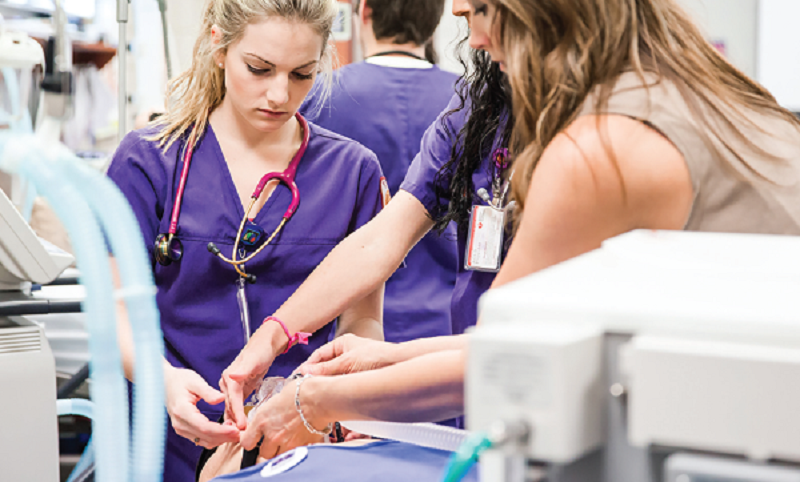
Contact Us

Kathleen Warner, M.Ed.,
RRT, RRT-NPS
Assistant Professor and Director for Respiratory Care
Office: 337.550.1341
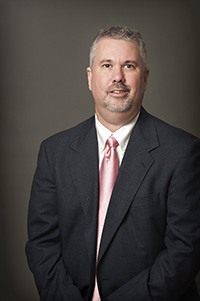
David Asbury, MA-PLPC, NCC, RRT, RRT-ACCS, RRT-SDS, RPSGT
Assistant Professor for Respiratory Care
Office: 337.550.1361
Job Market Outlook
Use this employment data from across the country to help inform your decision making. The default location is Louisiana, but adjust the location as you like.

